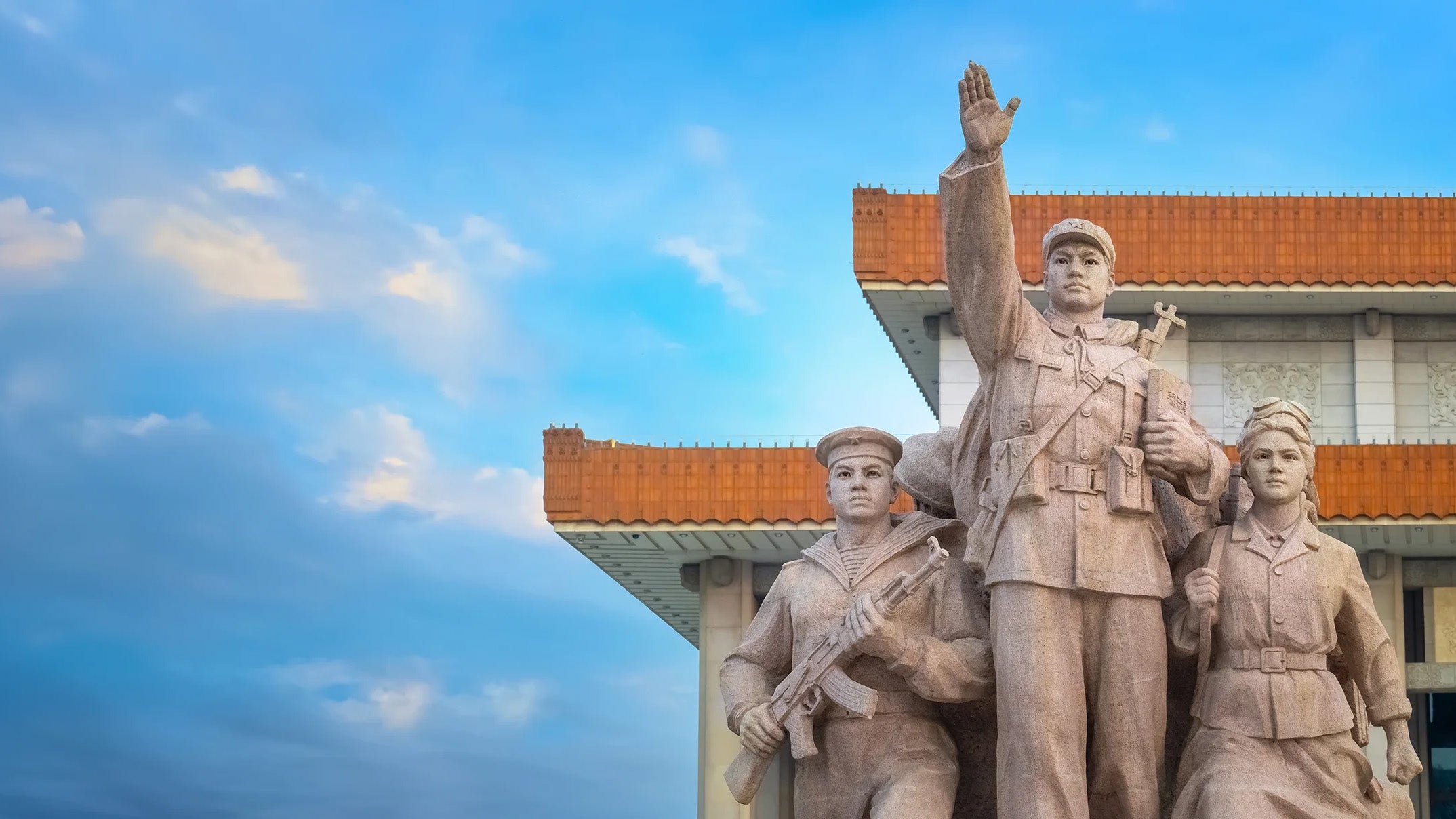Paper: Chinese Army‘s Rigidity Inhibits Mission Command
Paper: Chinese Army‘s Rigidity Inhibits Mission Command

The structure of the Chinese People’s Liberation Army precludes any implementation of mission command and leaves China vulnerable, according to the author of a new paper published by the Association of the U.S. Army.
“The entire system of Chinese Communist Party (CCP) leadership and control of the armed forces and society is built on a foundation of strict, top-down guidance from the central leadership, covering all aspects of national security and military affairs,” retired Col. Larry Wortzel writes. “The fact that the People’s Liberation Army has followed the concept of mission command and its practice in the U.S. Army is worthy of study.”
In “The PLA and Mission Command: Is the Party Control System Too Rigid for its Adaptation by China?” Wortzel, a senior fellow in Asian security at the American Foreign Policy Council and former director of the Strategic Studies Institute at the U.S. Army War College, delves into why the concept of mission command is incompatible with China’s military structure.
In the paper, Wortzel defines the concept of mission command as a system that “allow[s] subordinate leaders in Western militaries flexibility in implementing a commander’s intent.”
Despite the Chinese military’s rejection of Western military practices, four field grade officers in the People’s Liberation Army wrote about the potential benefits of mission command in a 2022 article in China Military Science, the Chinese military’s authoritative doctrinal journal, Wortzel writes.
In it, they “argue that in using the concept of mission command, Western militaries take advantage of the spirit and initiative of subordinate leaders” and “imply that the [People’s Liberation Army] should study and perhaps adopt mission command,” Wortzel writes.
Given the high-control environment of the Chinese Communist Party, authors who discuss ideas like mission command must “insulate themselves from party criticism,” Wortzel writes. The four field grade officers quote Mao Zedong, the former leader and founder of the People’s Republic of China, and Chinese President Xi Jinping to prevent backlash, according to Wortzel.
Though other authors and officers in the People’s Liberation Army have also discussed the concept of mission command, Wortzel warns that the 2022 article “does not mean that there is a formal acceptance of the doctrine in the [People’s Liberation Army].”
Ultimately, China’s overdependence on data and information technology in the place of command and control could leave its military more vulnerable to attacks, Wortzel concludes.
“Xi Jinping’s vision for the future of the [People’s Liberation Army] … takes advantage of automation and artificial intelligence,” which precludes members of the Chinese military from having “the flexibility to interpret the commander’s intent,” Wortzel writes. “This will undoubtedly impose new challenges on the [People’s Liberation Army], particularly as these automated decision systems are vulnerable to enemy intervention and electromagnetic or cyberattack.”
Read the paper here.

